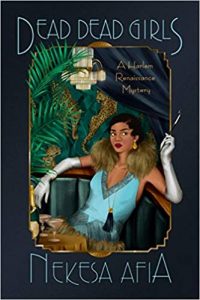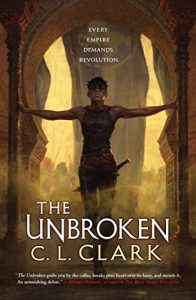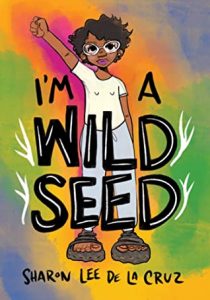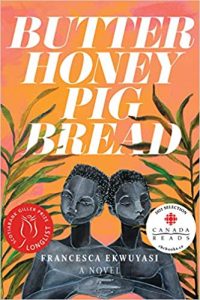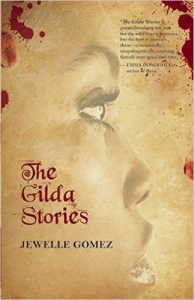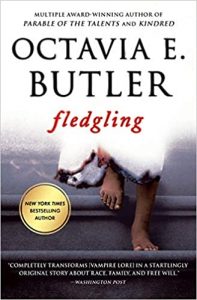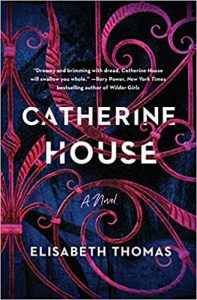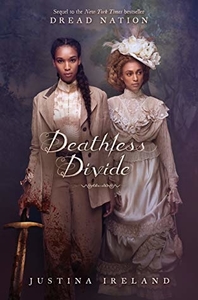Amazon Affiliate Link | Bookshop.org Affiliate Link
In Dead Dead Girls, the first installment in Nekesa Afia’s Harlem Renaissance series, readers are introduced to Louise Lloyd, a black lesbian with a troubled past. The year is 1921, and Louise is working at a small cafe to keep a roof over her head. She spends her nights at one of several nearby speakeasies, drinking and dancing her troubles away in the arms of her girlfriend Rosa Maria. Of course, being gay in 1920’s Harlem isn’t always easy or safe, so Louise and Rosa Maria are forced to keep their relationship a secret. Fortunately, no one at the clubs seems to pay them too much attention, and that’s exactly the way Louise likes it.
Louise’s life becomes a whole lot more complicated when she finds the body of a young black woman just outside the cafe where she works. This is the third body to be discovered in Harlem, and the police don’t seem to have any leads. Louise is deeply troubled by this, as it brings up memories from her own past, memories she’s tried hard to keep buried for the past ten years or so.
Later that evening, Louise interferes with a police officer who seems to be harassing a woman on the street, and is subsequently arrested. The officer tells her he’ll let her go and wipe the incident from her record if she agrees to help him catch the murderer. May of Harlem’s residents are suspicious of the police, but Louise is exactly the kind of person they would trust. If she doesn’t agree to help him crack the case, he threatens to send her to prison. Feeling trapped, she reluctantly agrees, setting in motion a string of events that could cost Louise her life.
Dead Dead Girls is a dark and gritty mystery that doesn’t shy away from difficult subject matter. There is some racist language here, as well as some homophobic rhetoric that readers should be aware of before deciding to pick this book up. These elements don’t make up a large part of the overall plot, but they could still prove distressing to some readers.
I loved Louise as a heroine. She’s complex and relatable, exactly the kind of person I’d love to be friends with. Her back story might seem confusing at first, but things became clearer to me as I continued reading. Her relationship with Rosa Maria was fantastic, especially watching the two of them struggle to work through some conflicts that come up throughout the course of the book. Relationships are hard work, and Luise and Rosa Maria are perfect examples of how beautiful and difficult this process can be.
This is a book I hated to put down. I would have read it in a single sitting if I could have. The historical detail is immersive, making me feel as though I’d traveled back in time. I don’t know if the author plans to write more books about Louise, Rosa Maria, and their friends, but I’ll definitely snap them up if she does.

